


A man was arrested after setting fire to a church in southern Spain. “Churches should be safe places to practice faith freely and with dignity”.
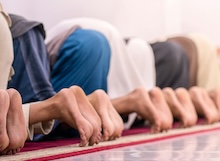
The media and religious entities (including evangelicals) take a stand on a measure that directly affects Muslim celebrations in the southeastern Spanish town.

The worship places, located in the same district, are affected by metropolitan reorganisation plans. Evangelical leaders will meet with local authorities to seek a solution. “Freedom of worship is a fundamental right”, they say.
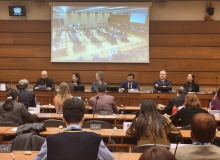
“Religious freedom gives independence, reduces harassment and acknowledges societal acceptance”, says the UN special rapporteur on FORB at an event organised in Geneva.
The takes effect on 1 February. Religious communities now need at least 500 adult members to be legal. Any activity on a public place must be notified and may be banned.

North Korea heads the new Open Doors ranking. North African countries such as Morocco and Algeria appear on the list. “If we lose religious freedom, then all other freedoms fall”.
.jpg)
More than 400 influential Christian leaders and 30 church groups sent an urgent appeal the last week of December to the president and the prime minister of India.
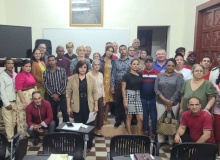
Christians say that “the Cuban state refuses to open spaces for the exercise of fundamental rights”, and denounce the application of heavy fines to religious leaders.
.jpg)
Carmen Hombre Ponzoa, a teacher in Spain, was imprisoned and later executed while pregnant, together with her husband. She belonged to the small Protestant minority.
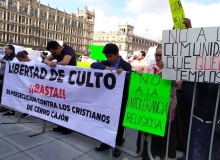
Attackers “burned the evangelical church, took the land, stole their cattle and destroyed the homes of 13 Christians”, pastors in the region denounce.
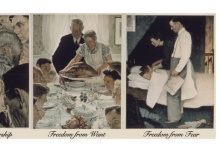
The instinct to withdraw into isolationism and nationalism is understandable, yet it plays into the hands of authoritarian, anti-democratic forces.

In the traditional ceremony, evangelicals pastors called for unity, reconciliation and justice. Freedom of worship should be enshrined in the Constitution, they said.
.jpg)
Remember how 2020 was expected to be a watershed year? The hopes that Covid-19 would force lifestyle changes?
.jpg)
The effects of the restrictions are analysed by churches in Germany, Slovakia, UK and Portugal.
.jpg)
The church’s worship was previously disrupted in May, when at least 40 Muslims stopped the midday service at the café.

The Breccia di Roma has paid €12,000 in legal fees to defend their right to a have a recognised worship place. “As a minority, you have to work two to three times harder to access what other groups have more easily”.
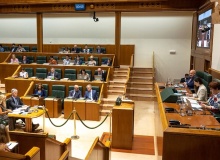
The regional parliament tries to solve the problem of worship places and creates an Interreligious Council for faith minorities.
.png)
Evicted from its church building in February 2021, banned from meeting for worship in the church car park, Minsk's New Life Pentecostal Church has now seen its building bulldozed.
.jpg)
In the Central European country, bans on worship lasted longer than elsewhere. Jan Figel’ brings a challenge to the European Court of Human Rights.
.jpg)
According to data presented by the Kyiv-based Institute for Religious Freedom, almost 500 religious sites have been damaged in the first year of the war.
.jpg)
When travel, gatherings, and churches were curtailed and closed, many Christians began to ask for the first time, ‘Must I obey?’ Fortunately, this is not a new question.
.png)
There is “extreme persecution” in 10 countries in Africa and the Middle East, says Open Doors. Elsewhere, worrying trends are observed in key geopolitical actors such as India, Saudi Arabia and China.
.jpg)
According to the government, Christians were 1.9% of the population in 2021.
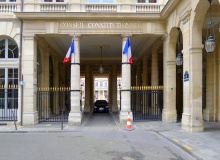
Religious organisations denounced some points “attack” the freedoms of worship and association, but the Council ruled the law is “in conformity with the Constitution”.

According to a report by the US embassy in the country, they increased from 12% in 2008 to 26%-30% in 2020. It is the faith that has grown the most.

Las opiniones vertidas por nuestros colaboradores se realizan a nivel personal, pudiendo coincidir o no con la postura de la dirección de Protestante Digital.